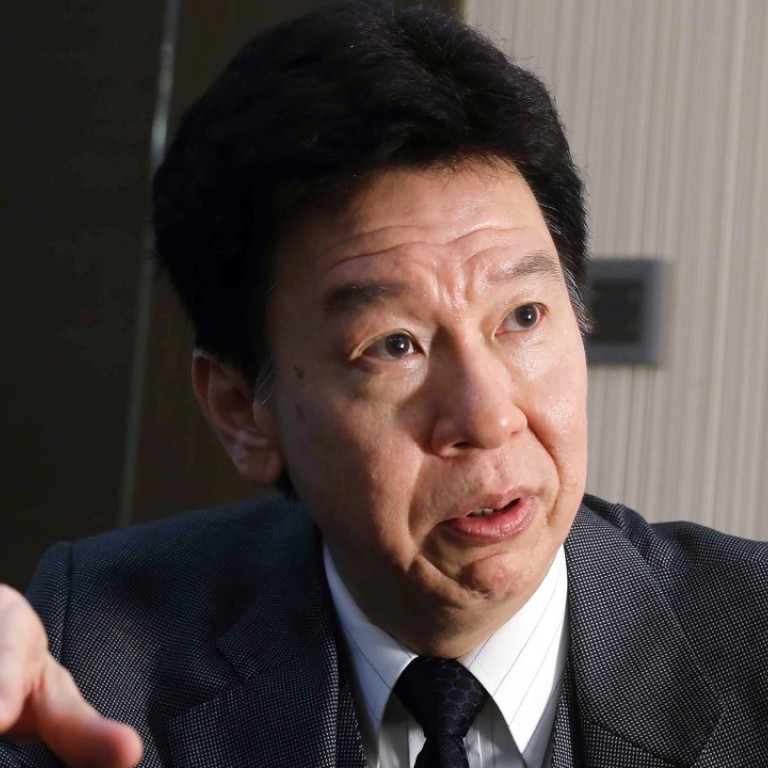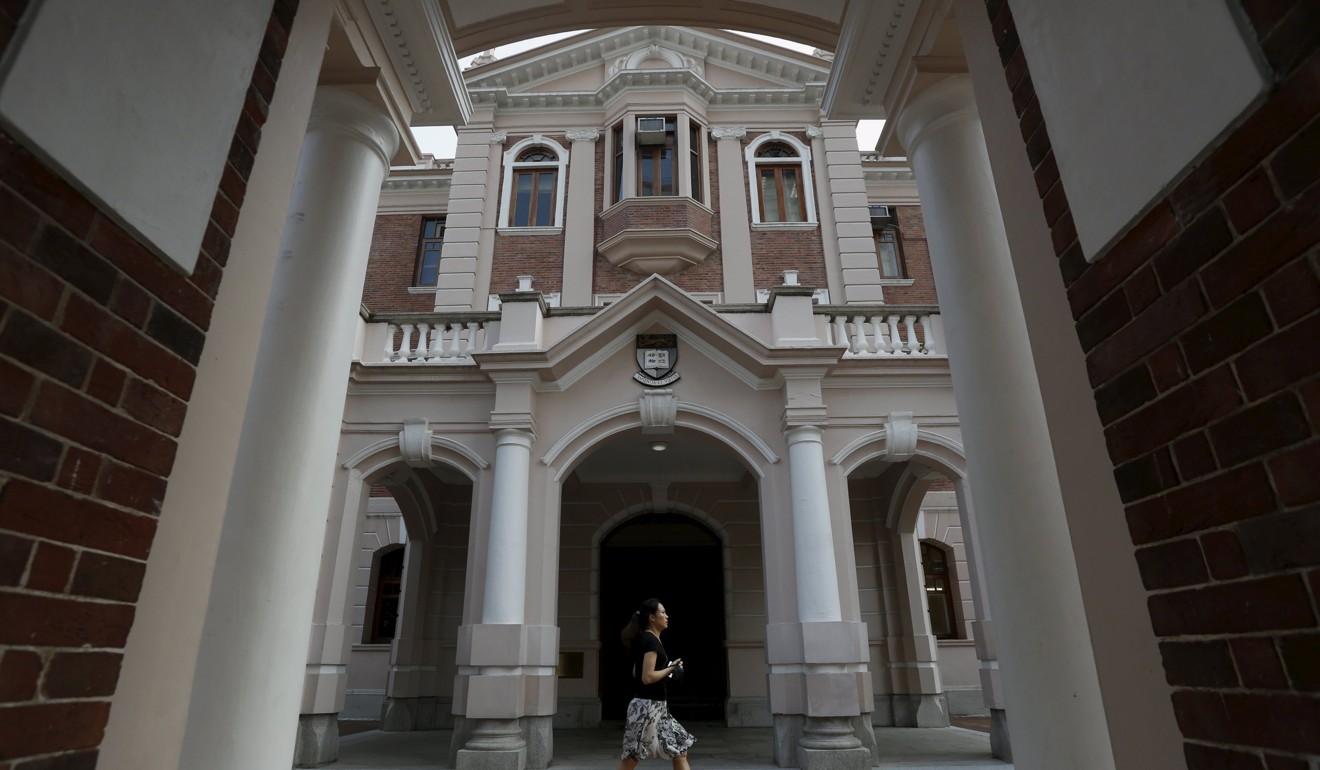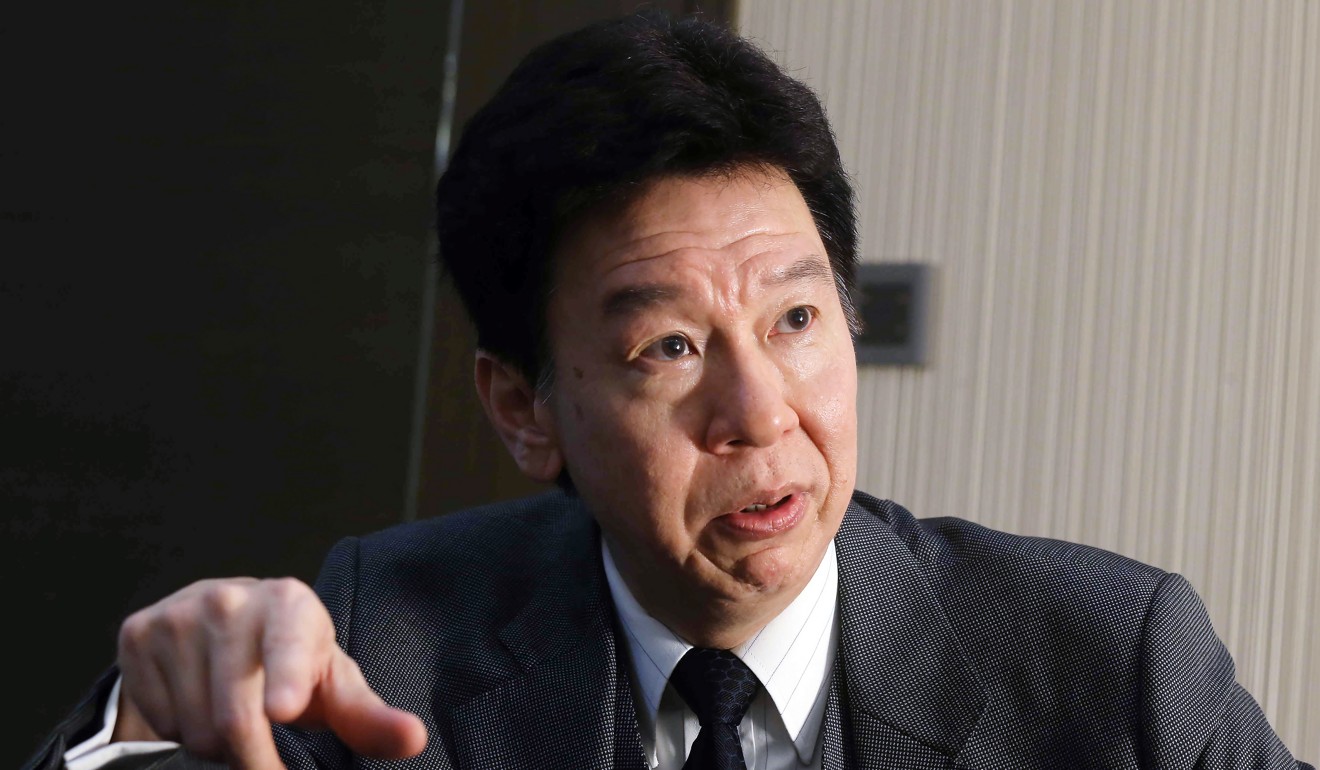
Solicitors’ group in Hong Kong pushes for new qualifying exam for lawyers
But members of legal profession warn Law Society plan could be seen as ‘second-class’ qualification
The main solicitors’ group in Hong Kong is pushing for a new qualifying exam for law graduates that could change the local legal landscape, despite strong reservations from within the profession.
The Law Society said its proposed exam would be an “interim alternative entry path” to the oversubscribed postgraduate certificate in laws (PCLL) at the city’s three law schools, and could be introduced by late next year.
By allowing pre-exam courses to be taken in or outside Hong Kong, the Law Society Examination (LSE) would create direct competition to the schools at the University of Hong Kong, City University and Chinese University. But a working group led by a former judge warned it may be seen as a “second-class” qualification or a back door into the legal profession.
As of 2016, there were 783 PCLL places, including 90 part-time spots from HKU, at the local schools. For HKU and City University, the admission rate was 56 and 44 per cent respectively, while Chinese University’s was 57 per cent.

The chairman of the Law Society’s legal education committee, Stephen Hung Wan-shun, said the new exam was “definitely coming”.
“[It] will be for those who do not get accepted onto the PCLL, although we hope priority will be given to paralegals working at law firms and practitioners who have not yet qualified,” Hung said. “It will also allow multiple attempts.”
The Law Society had previously called for a unified Common Entrance Exam (CEE) to be implemented no later than 2021. Under this proposal, the society would set and mark one of the questions.

The original CEE proposal met with opposition for pre-empting a review by a committee made up of judges, academics, the Law Society and the Bar Association. In contrast, the LSE would be an independent assessment to take in students rejected by the highly competitive, one-year full-time PCLL courses.
The LSE proposals included conducting it at least once a year and covering five papers: conveyancing; civil litigations; criminal litigations; commercial law; and professional ethics. The society noted “expressed interest” in providing pre-exam courses, sources said, including from institutes in Hong Kong and other common law jurisdictions – but not the mainland.
We don’t know who will be teaching the LSE
A report by the Standing Committee of Legal Education and Training, led by former vice-president of the Court of Appeal Anthony Rogers QC, called for a “moratorium” on a unified qualifying exam, warning it could be “a gateway to monopoly”.
The report said a parallel assessment risked “[being] seen by employers as a second-class route for students who have ‘failed’ to gain admission to the PCLL”.
Chairman of the Bar Association Special Committee on Legal Education, Edward Chan King Sang SC, echoed worries about quality.
“We don’t know who will be teaching the LSE, how it will be taught, how will it be charged and how will it be regulated,”he said.
He also criticised the society for “deliberately ignoring” the multi-party committee review.
Liberal HKU academic throws hat in ring for Hong Kong Law Society council seat
“Universities will have a lower incentive to continue hosting PCLL programmes. When all lawyers switch to LSE, would universities still teach PCLL?”
Yet Hung pointed out that the overwhelming demand could not be absorbed by current PCLL courses.
“Law students have spent all the years and money [studying],” he said. “Are you sure they’re not good enough to be qualified?”
HKU law dean Michael Hor Yew-meng said he first heard of the LSE proposal on May 8 – seven months after consultants made the interim observation last October.
Senior counsels ‘should accept public duty’ and help solve city’s manpower crunch
“In the four years I have been a dean, I have not been approached by the society with a view to increasing PCLL admissions.”
Hor said the law school was prepared to work with the society and other stakeholders to determine whether additional places for the PCLL were needed. But he stressed any such discussion should take place in the multi-party committee as recommended by the consultancy.
The society’s relationship with the committee soured last year, after it stopped providing secretarial support. The role was instead taken up by the Department of Justice.

